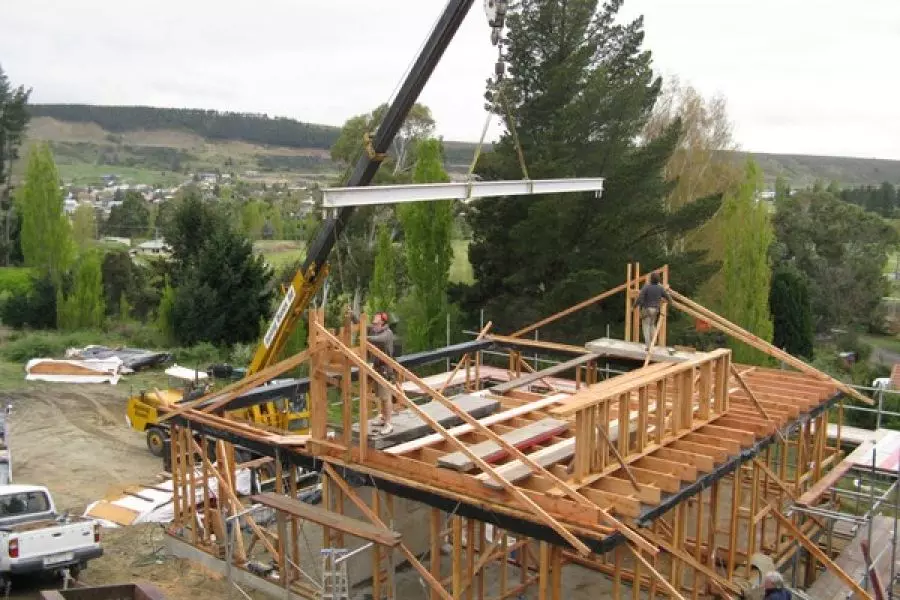News
Falling consent woes

Thursday 9th of February 2017
The latest Statistics New Zealand consent data shows that, once seasonally adjusted, the number of new consents issued fell by 7.2% (to 2,215) in December.
This followed a 9.6% fall in new consents in November.
Overall, the trend for new consents has been declining after reaching a 12-year high in mid-2016. In the last five months of 2016, it fell by 12%.
While the decli...
Want to read the full article?
Click the button below to subscribe and will have unlimited access to full article and all other articles on the site.






![[The Wrap] Bye Bye Bayly](https://goodreturns.publit.io/file/c_fill,w_900,h_600/39f23ac1-f7c7-4854-b700-a150004ebbac.webp)


